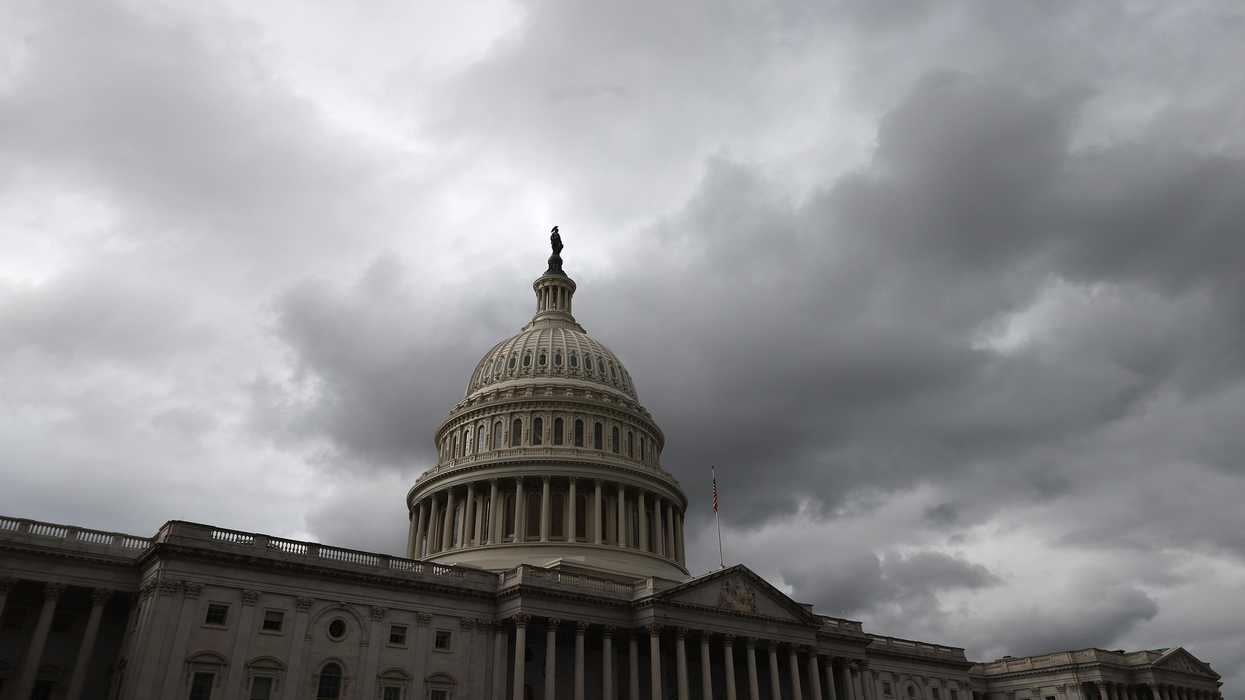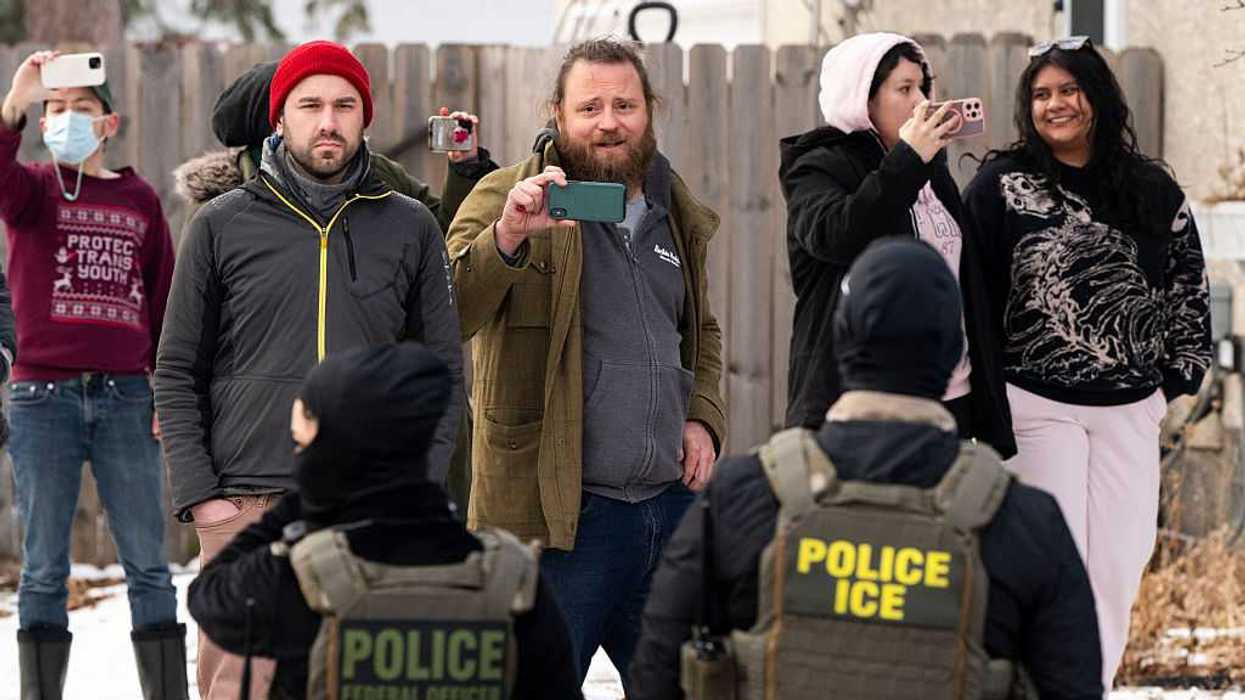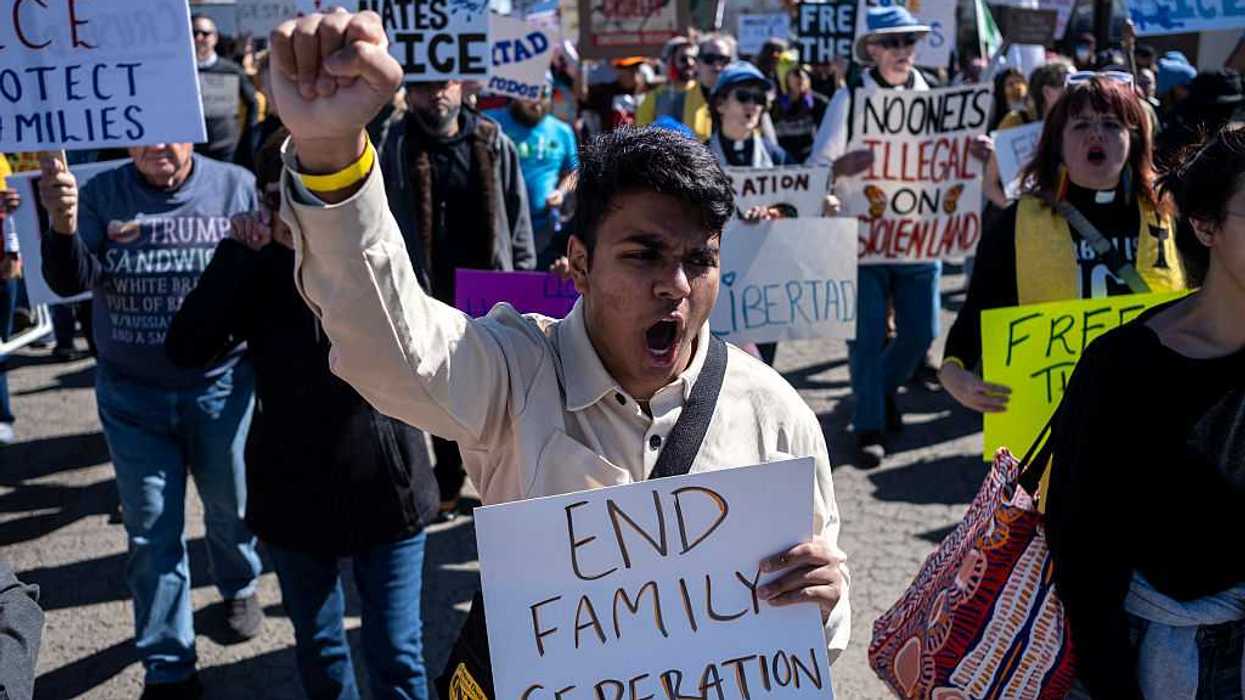This year's Juneteenth demands more than celebration as democracy wavers and the meaning of freedom is tested. What was once a barely noticed footnote in our national story now stands at a crossroads, its meaning tested by the tone and policies of the White House and by the country's willingness—or reluctance—to reckon with the truths Juneteenth represents.
Juneteenth commemorates the day in 1865 when enslaved Black people in Texas learned of their freedom; it is a joyful and deeply unsettling occasion. It is a holiday of "already, but not yet," a celebration of emancipation's promise and a dirge for promises broken. For generations, America has done its best to ignore Juneteenth. In some sense, this was too honest—an admission that liberty had a slow, grudging gait, that freedom for some was not so for all. Juneteenth is a federal holiday today, yet the embrace feels uneasy, performative, and almost fragile. The pageantry can't mask the reality that the arc of history, though it bends toward justice, does so only when people resist.
Memory is a form of resistance for marginalized people. In the current moment—when the administration wields executive power as a cudgel, reshaping education, restricting protests, and elevating a narrative of "real" America that has always been code for white, native-born, and compliant—remembering becomes a sacred act. Juneteenth stands as a rebuke. Persistent on telling the truth about our nation's reconciled facts: 1) freedom as a birthright and democracy as a perpetual construction given its inherent fragility.
We watch democracies tremble around the globe—from Hungary to India, from Brazil to our battered Capitol. The existential threat is not just about one man or one party. It is about the willingness of the powerful to erase inconvenient truths, suppress voices, rewrite history, and trade the common good for private gain. These threatening acts aren't just policy differences or partisan bickering—it's a slow, deliberate undoing of the norms that make free societies possible. Leaders who once acted as stewards for their people now treat public office as a stage for self-preservation, bending institutions to serve their ends. Dissent becomes dangerous, facts become malleable, and the line between civic duty and personal ambition blurs until it's barely visible. In this climate, the pillars of democracy—open debate, equal justice, a shared sense of reality—begin to crumble, not all at once, but piece by piece, while most of us are still arguing over the symptoms.
What good is memory? What does it matter if we remember Juneteenth, if the world keeps spinning toward repression, if the forces of erasure seem to have the upper hand? Acts of remembrance evidence revelation. To remember is to refuse to forget past events. When we tell the stories of those who waited for freedom, fought for dignity, and risked everything, we claim the right to shape the future.
The moral and ethical imperative, especially in moments of solemn remembrance, isn't simply to look backward with nostalgia or regret but to respond in the present with purpose. In the Judaeo-Christian tradition, prophets repeatedly admonished the people for proclaiming "peace, peace, when there is no peace"—a warning against the dangers of complacency and self-deception in the face of injustice. Juneteenth, too, stands as more than a commemoration of emancipation; it is a living warning against the comfort of shallow celebration and the quiet complicity that can follow. Honorable observance of Juneteenth’s demands recognizes the struggle for freedom and justice remains unfinished.
Juneteenth asks us to reflect on how far we've come and imagine and work toward what must still be achieved. Every gathering becomes an opportunity—not just for celebration but for recommitment to justice, equity, and community. In this way, Juneteenth is as much about our collective becoming as it is about remembrance, challenging us to continue building a society where true freedom is realized for all.
Rev. Dr. F. Willis Johnson is a spiritual entrepreneur, author, scholar-practioner whose leadership and strategies around social and racial justice issues are nationally recognized and applied.



















